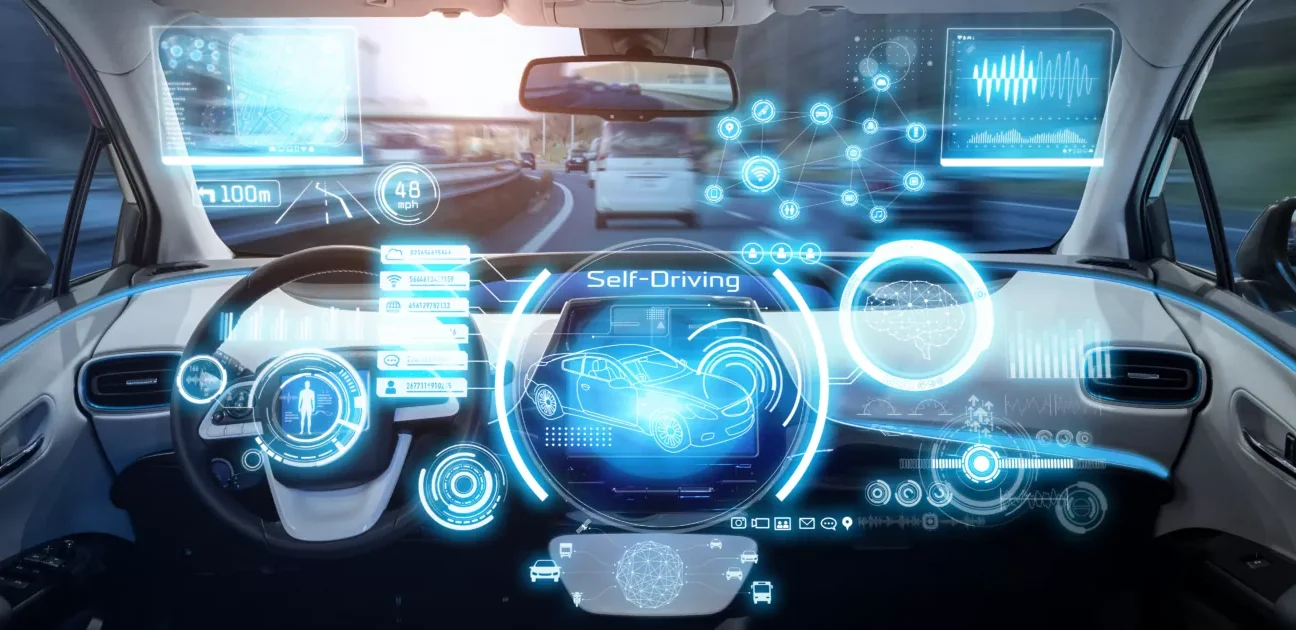IELTS Cambridge 16 Essay: Driverless Vehicles
Sample Answer
A future filled with driverless vehicles is an inevitability. In my opinion, though there are concomitant moral risks, the practical import for health of such a seismic shift will be positive on the whole.
Critics of this trend suggest that machines should not be responsible for the potential loss of human life. This argument rests on the fact that when there is an accident involving humans, it is possible to either assess blame and assign punishment or accept that human error played a role. In contrast, an individual severely injured as the result of a collision caused by a machine may justly feel that all human autonomy and free will is absent from their fate. This is analogous to a natural disaster with the crucial distinction being that humanity has engineered the situation. It is human nature to prefer to control a situation rather than surrender the outcome to an autonomous machine.
Proponents of automated vehicles, on the other hand, argue the tangible ramifications concerning public safety. The evidence overwhelmingly suggests that driverless vehicles cause fewer accidents than humans. The reason for this is that humans are prone to errors related to fatigue, distractions such as smartphones, and, in some cases, altered states. Machines might experience the occasional technical error, however, they are far more consistent by comparison. In fact, the few accidents that have occurred with automated vehicles were the fault of human drivers. If all cars were driverless, this would enable a greater level of sophistication that could, theoretically, all but eliminate automobile accidents.
In conclusion, though many accidents will occur without human agency playing a role, safer roads fully justify this innovation. Companies and consumers must be wary of the influence of automation while also embracing its most transparent benefits.

